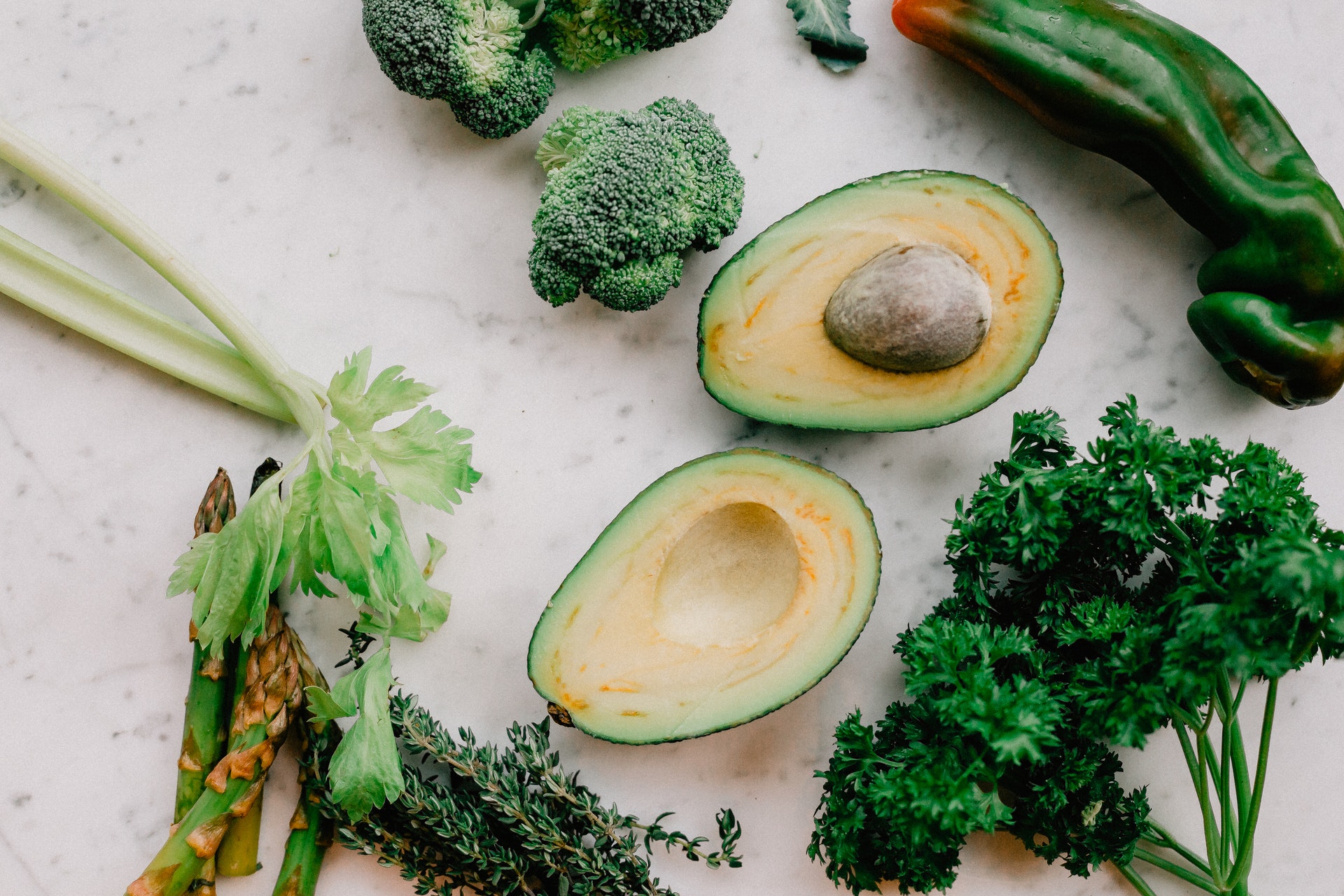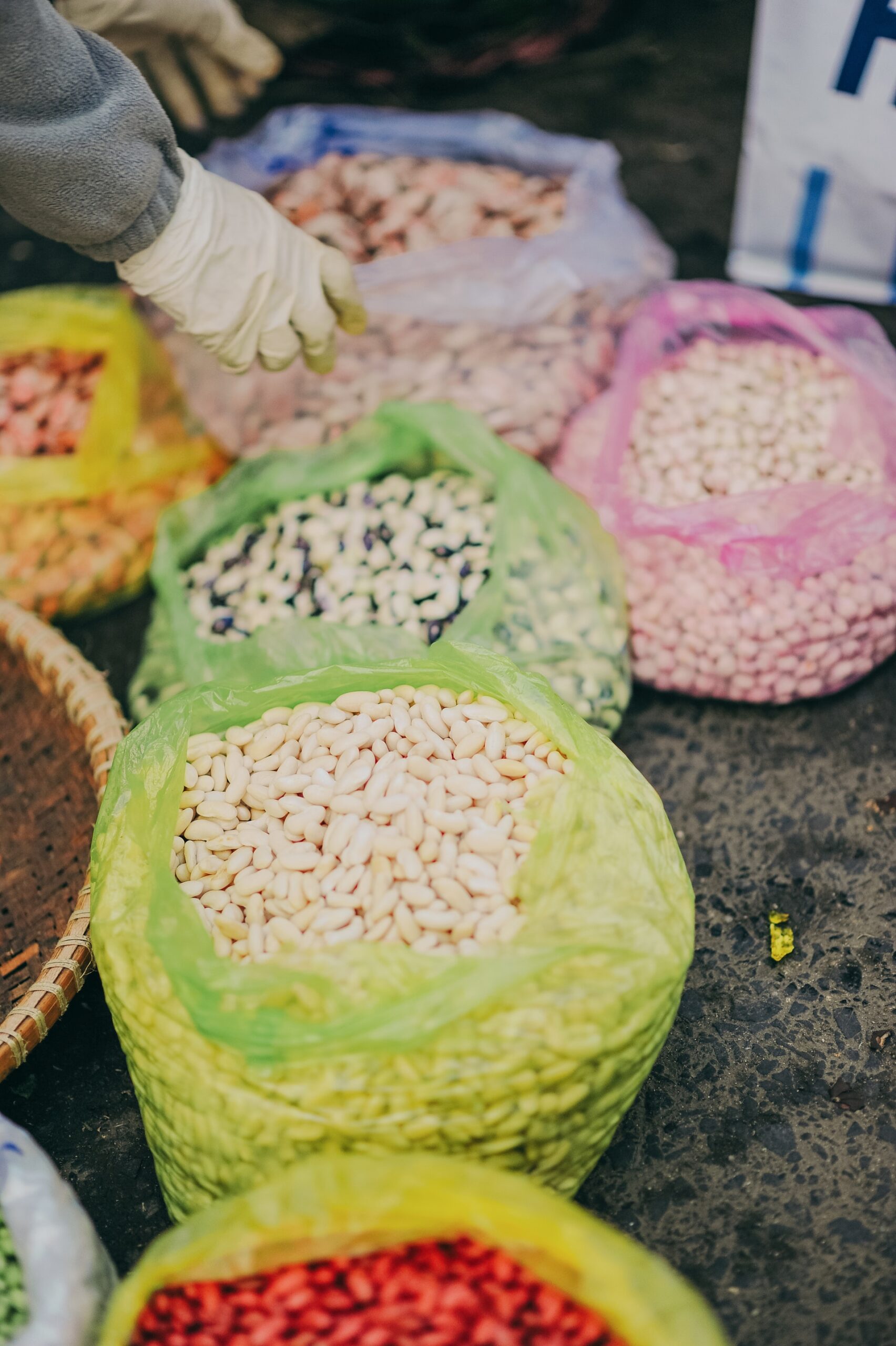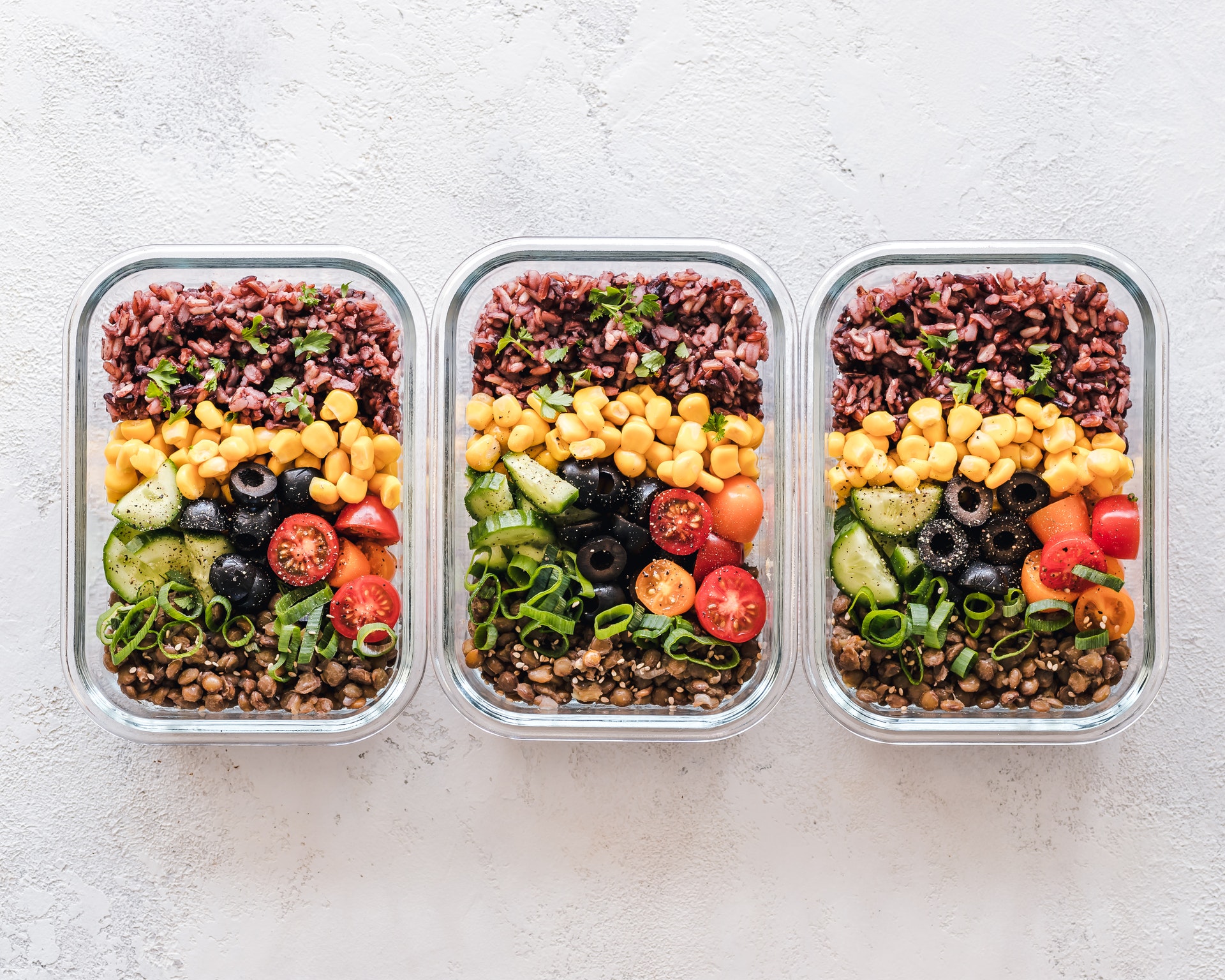What’s driving more people to plant-based lifestyles, you may ask. Well, while many adapt to the lifestyle due to health and animal welfare reasons, others adopt the vegan lifestyle due to help fight climate change. With an ever-increasing number of vegan products available, the UK has seen a rise in the number of vegans by 350% in the recent past.
This lifestyle, which involves cutting out all animal products including fish, meat, dairy, and eggs has been deemed suitable for most people especially due to the health benefits associated with it. Other health benefits associated with a vegan diet include weight loss, lowers the risks of various diseases such as heart disease, improves kidney function, protects against some cancers, and provides the body with vital nutrients.
While the vegan lifestyle may seem complicated, we have simplified it for you by detailing some healthy vegan food packed with vital nutrients that you may want to include in your recipes.
Potatoes
Loaded with vitamins, antioxidants, and minerals, this vegetable has a myriad of health benefits. Potatoes are very filling and will help control those annoying hunger pangs. They also improve digestive health and improve blood sugar due to the content of resistant starch. Though high in carbohydrates, it is important to remember that carbohydrates are a macronutrient and are part of a healthy diet.
Given the versatility, potatoes can be fried, baked, boiled, and even roasted. To maintain the nutritional value and avoid empty calories, it is important to note that different methods of preparing this gluten-free vegetable such as frying can result in extra calories. Also, it is advisable to consume the potatoes with the peels as peeling significantly reduces the nutritional content.
If you are looking for an easy potato recipe, you can try the Lemon Thyme Potato salad recipe. It is tasty and will keep you full longer!
Avocados

High in healthy fats, this unique fruit has powerful health benefits. It is the main ingredient in guacamole, a favourite for many people. It has many nutrients including folate, Vitamin C, Vitamin E, vitamin B5, Vitamin B6, Potassium, and manganese among others.
They are low in saturated fats and do not contain sodium or cholesterol. They are also high in fat-foods, mainly oleic acid, making them the fattiest plants. Oleic acid is believed to be a major constituent in its health benefits. Avocados have a short shelf life. However, the Hass avocado has passed this test as it has a longer shelf life. With people leaning more to healthy foods to boost the immune systems during this pandemic, this type has become popular and has seen significant investment this year.
If you are a vegan, incorporating avocados into your diet is especially important as they help in the absorption of nutrients from plant-based foods. Vegans who may not like avocados may try incorporating avocado oil into their diets.
Nuts
This is definitely worth the hype! We all love one or two types of nuts whether it’s almonds, walnuts, cashews, macadamia nuts and peanuts, just to name a few. Whichever you like, it is important to note that nuts are not only a great snack option for vegans but provide essential nutrients to the body.
Nuts are also highly versatile and can be blended into smoothies, eaten as whole, or added into breakfast bowls.
Although they provide the body with scores of nutrients and vitamins, they are renowned for their healthy fat content, with most providing monounsaturated fats, omega 3 and 6 polyunsaturated fats. They are also great sources of proteins and fiber and prevent chronic diseases.
However, whichever you decide to incorporate into your diet, moderation is key. Also, you will reap more benefits if you consume nuts that have no additives. For instance, some peanut butter brands may add salt or sugar to the product, which may counter the health benefits.
Legumes

There are over 16,000 types of legumes in the world in different shapes, sizes, textures, and colours. Among the common legumes include green beans, chickpeas, kidney beans, lima beans, lentils, soybeans, and navy beans.
While their nutrients may differ with the type of legume, they are healthy foods and provide the body with vital nutrients including proteins, carbohydrates, fat, fiber, iron, calcium, folate, potassium, and magnesium among others. They are cholesterol-free and are low in fats, making it an excellent choice of food for health-conscious people.
They also help control weight, lower the risks of heart disease and blood pressure, and improve lipid and glycemic control for diabetic people.
They are versatile and are easy to prepare, with most people adding them to them in stews, soups, or salads. It is also important to limit the amount of one legume consumed every day as they have antinutrients such as lectins, phytates, tannins, and saponins. These can affect the absorption of nutrients in the body.
Nevertheless, if you are a vegan, there is a wide variety of legumes to choose from.
Images: pexels.com



